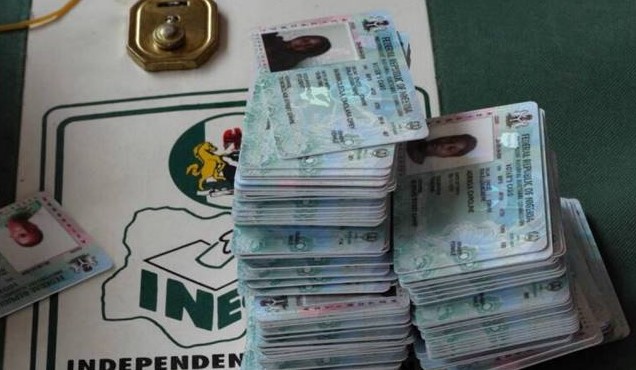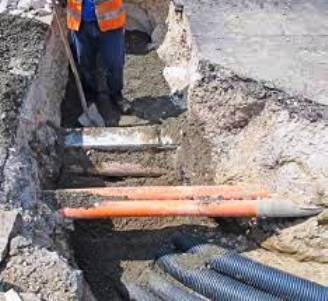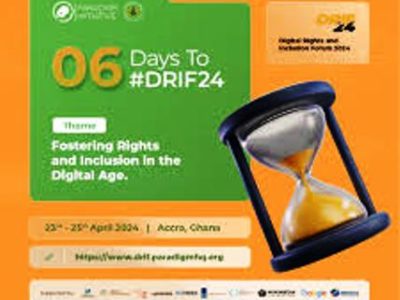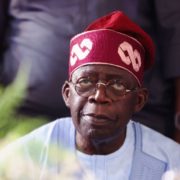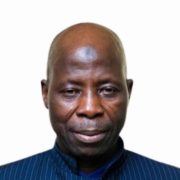By Olusegun Oruame
The 2019 presidential election has come and gone with the winner declared. But the controversies surrounding the credibility and transparency of the process are not about to cease.
The reasons are not far-fetched. A mix of factors including logistics challenges faced by the electoral umpire (Independent National Electoral Commission – INEC), citizens’ entrenched doubts in institutional organs responsible for ensuring peaceful and credible elections, a growing apathy by voters in the power of their votes to count and Nigeria’s somewhat crude approach to electoral process have all connived to make the entire process suspicious and open to abuses.
“The Nigerian stakeholders must take a progressive decision to make the 2019 elections, the last manual elections in Africa’s most populous country of some 198 million people.”
But more than anything else, it is the inability to resort to full use of electronic voting that may have made the 2019 elections an exercise in doubts, pains and frustrations.
But credible elections are possible. Backed by proper policy and legal frameworks, willpower of those in government and the people’s determination, and of course voters’ awareness, electronic voting is both conceivable and practicable. The options are innumerable in the deployment of full complement of ICT to make the peoples’ vote count and enhance the integrity quotient of the electoral process.
What is equally remarkable is that the skill sets and the integrated solutions to deploy a credible electoral process are all available locally to further strengthen the theme of local content and indigenous capacity utilization.
Nigeria’s tech ecosystem is keen to assist government to address this recurrent electoral dilemma. There are dozens of proposals in the public domain demanding open scrutiny as to their workability. The onus is on those in government and decision makers to take the challenge and put the teams and their solutions to test before the 2023 elections.
One of the interesting proposals in public space is the use of a Polling Unit Machine (PUM) like the conventional ATM that can accept PVC and it is not dependent on a particular Polling Unit so an electorate can vote from any machine nearest to him/her. The concept is simple as designed by its promoters. It simply entails minutes of self-accreditation the way an ATM accredits a debit/credit card, using a combination of codes/numbers unique to the individual/voter. The graphical user interface (GUI) allows the voter to personally go through the selection process for which election, which party or candidate he/she is voting for and there’s an instant notification of the choice to INEC and other authorized stakeholders as the choice is made. As the voting process progresses, so too is the tabulation and once the voting exercise closes, a general display of total result happens even as INEC shuts down voting activities for that particular election.
“But credible elections are possible. Backed by proper policy and legal frameworks, willpower of those in government and the people’s determination, and of course voters’ awareness, electronic voting is both conceivable and practicable.”
This is only a mere template to show that electronic voting is not rocket science and as one technology writer, Suleiman Arzika, notes: “It has become imperative that Nigeria makes the inevitable transition to full electronic voting. The technology, cost, awareness and logistics have now reached a level where it is not only feasible but far more efficient than the current method of conducting the elections.”
The Nigerian stakeholders must take a progressive decision to make the 2019 elections, the last manual elections in Africa’s most populous country of some 198 million people. It does not augur well that in a 21st century where the entire financial institutions and systems of all countries are managed electronically, countries like Nigeria and many Africa countries still battle with credible election through manual process or a meager integration of technology.
It is our responsibility to ensure that the entire spectrum of electoral process is managed electronically in a way that saves costs and waste far below the over N190 billion spent by INEC for the 2019 elections. Electronic voting makes it unnecessary to shut down air, land, and sea borders; it also becomes anachronistic to close down businesses just because people want to vote. More importantly, like electronic financial systems, electronic voting is not clumsy and can easily be operated around the malicious activities of hackers – the greatest threat to e-voting.
We all owe it a duty to ensure that the 2023 elections reflect the best available technology and the best in credibility of voting process. The time to rally the community of techies, lobbyists, law makers and other stakeholders to achieve this goal is now.


